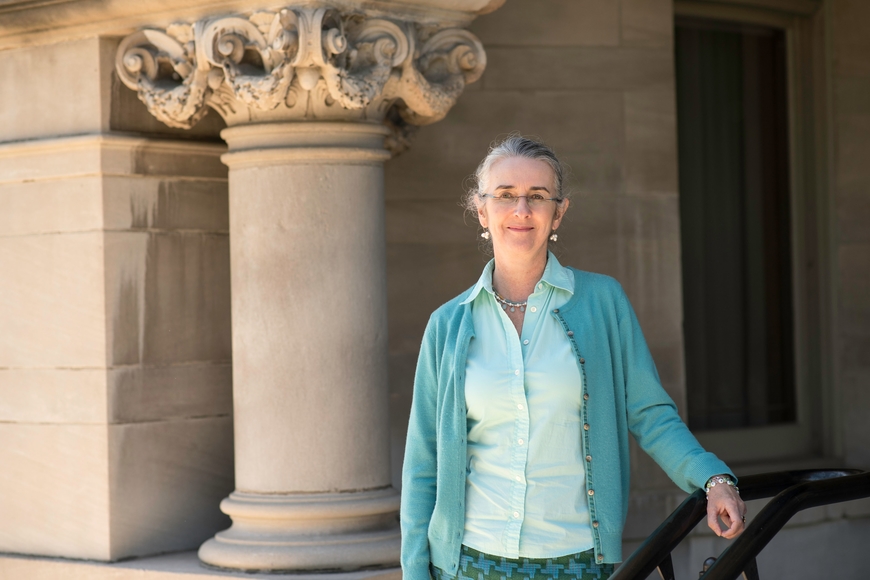Human Rights Initiative Spotlight: A Rift Between Law and Reality on Intimate Partner Violence in Colombia
The passage of legislation and the enforcement of legislation are far from one and the same. This is seen starkly in Colombia with respect to violence against women – 2017 Human Rights Initiative grantee Greta Friedemann-Sánchez is determined to find out why.
The statistics are staggering. Colombia has the second highest rate of intimate partner violence (IPV) in Latin America and, according to Colombia’s National Institute of Health, 80% of all cases of violence receiving medical attention through the nation’s health care system are against women. Women in Colombia are at an increased risk of IPV now due to the recent conclusion of the country’s internal conflict and the reality that post-conflict peace processes are typically marked by a surge in partner violence.
This is all in spite of the fact that many consider Colombia to have enacted the “gold standard” of legislation pertaining to the protection of women from physical, sexual, and psychological violence.
Friedemann-Sánchez, Associate Professor at the Humphrey School of Public Affairs, along with her co-investigator, Margaret Grieve, are leading an investigation into Colombia’s rift between law and reality. With the support of a Human Rights Initiative grant, Friedemann-Sanchez’s project, titled “Family Commissioners: Fostering Justice, Security and Peace in Colombian Families in the Post-Conflict Era (COLPAZ),” seeks to increase understanding of the practical, legal, institutional, and cultural barriers to the implementation of Colombia’s model legislation, specifically the landmark Law 1257 (2008).
The project is an interdisciplinary one, collaborating with the mayors of Medellín and Bogotá, the Colombian Ministry of Justice, local academics and advocates, and the Mesa de Seguimiento, a network of civil society feminist-NGOs charged with monitoring the implementation of the law on violence against women.
By collecting data from sites around the nation and conducting extensive face-to-face interviews with academics, professionals, government officials, and – most critically – front-line service providers who come in direct contact with victims, COLPAZ seeks to advance human rights of women generally and reduce IPV. In addition, the project hopes to strengthen citizen confidence in government’s ability to deliver fundamental access to justice services.
Friedemann-Sánchez is sharing her findings in policy reports and academic publications that will be disseminated in English and Spanish among civil society actors, government officials, academics, and organizations such as UN Women and USAID. Links to these documents are available below. The goal in disseminating these materials is not only to inform their recipients of the situation in Colombia, but also to provide background information to assist organizations in structuring their programming.
Lastly, in doing this project Friedemann-Sanchez hopes to address one of the University of Minnesota’s Grand Challenges. The Grand Challenges are five interrelated goals identified by the Provost’s Grand Challenges Research Strategies Team as the most critical objectives that the U is well-positioned to have a great impact on. The Grand Challenge that COLPAZ and Friedemann-Sanchez are focused on is “fostering just and equitable communities.” Yet as one family commissioner told COLPAZ in an interview, Colombia’s progress will be stunted “until it achieves peace within the home.” Since the home is where the majority of sexual violence (56.15%) and physical (other than sexual) violence (88.5%) occur, many of these horrors are carried out in private. Through the wide dissemination of her research, Friedemann-Sanchez hopes to spread awareness of the plight of Colombian women and work outward from the home to the greater society at large in order to foster a more just and equitable community in which all women thrive and are protected under the law.
Relevant links:
- General Background on Colombian Laws on Violence against Women, Orders of Protection, and Shelters - United Nations Office of the High Commissioner for Human Rights
- Submission to the Human Rights Council Universal Period Review, available in English and Spanish



